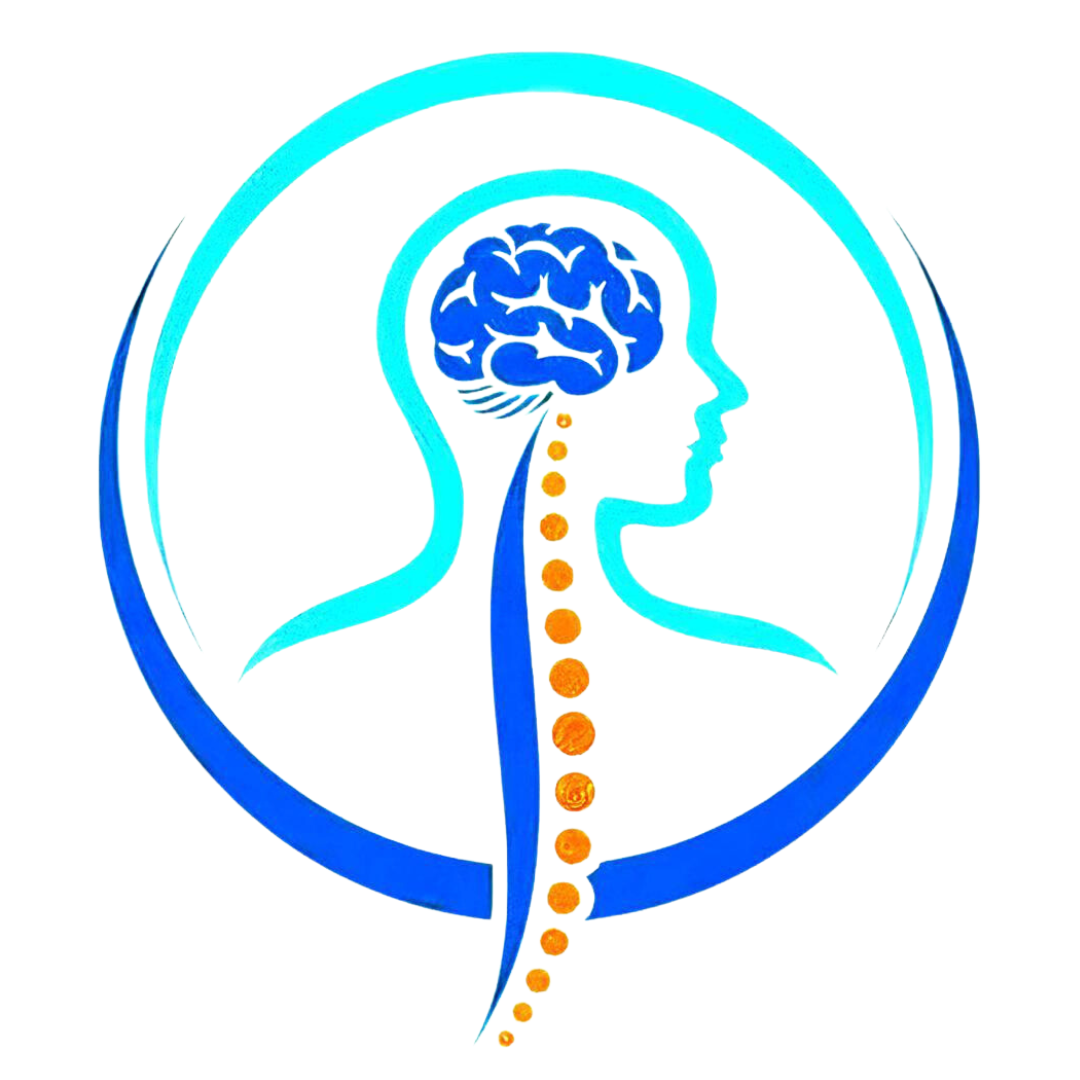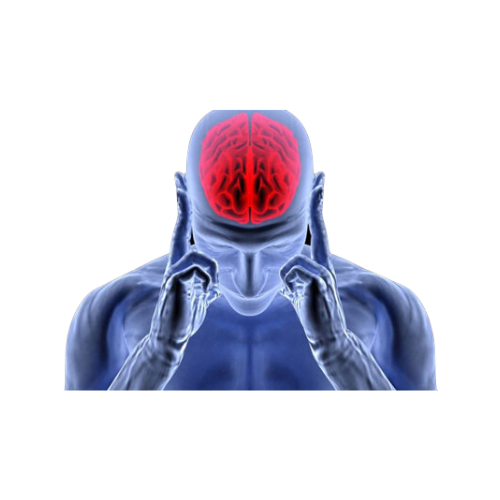
A stroke occurs when the blood supply to part of your brain is interrupted or reduced, preventing brain tissue from getting oxygen and nutrients.
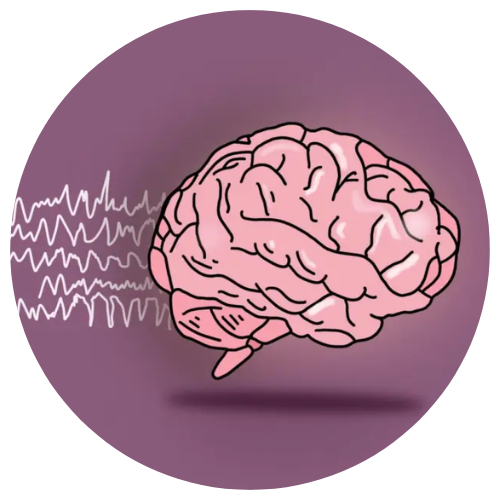
Epilepsy also known as a seizure disorder. Epilepsy is a neurological disorder marked by sudden recurrent episodes of sensory disturbance, loss of consciousness, or convulsions, associated with abnormal electrical activity in the brain.
It is a chronic no communicable disease of the brain that affects people of all ages.
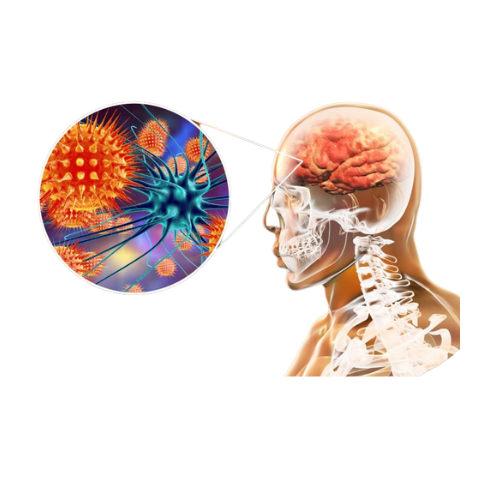
(Brain Infection)
Encephalitis and meningitis are inflammatory diseases of the membranes that surround the brain and spinal cord and are caused by bacterial or viral infections. Viral meningitis is sometimes called aseptic meningitis to indicate it is not the result of bacterial infection and cannot be treated with antibiotics.
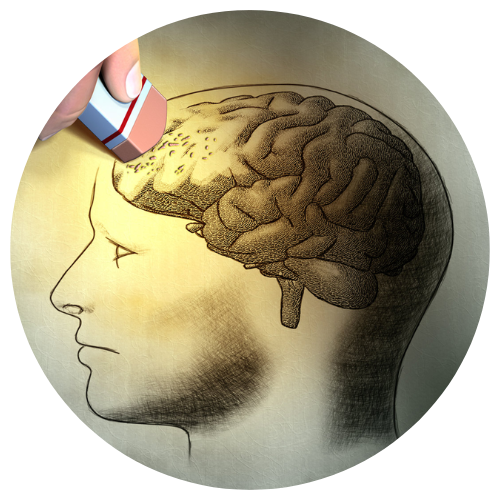
Alzheimer's disease is a brain disorder that slowly destroys memory and thinking skills and, eventually, the ability to carry out the simplest tasks. Alzheimer's is not a normal part of aging. The greatest known risk factor is increasing age, and the majority of people with Alzheimer's are 65 and older.

Migraines are unknown, but they're thought to be the result of abnormal brain activity temporarily affecting nerve signals and blood vessels in the brain. A migraine is a common neurological disease that causes a variety of symptoms, most notably a throbbing, pulsing headache on one side of your head. Your migraine will likely get worse with physical activity, lights, sounds or smells. It may last at least four hours or even days.
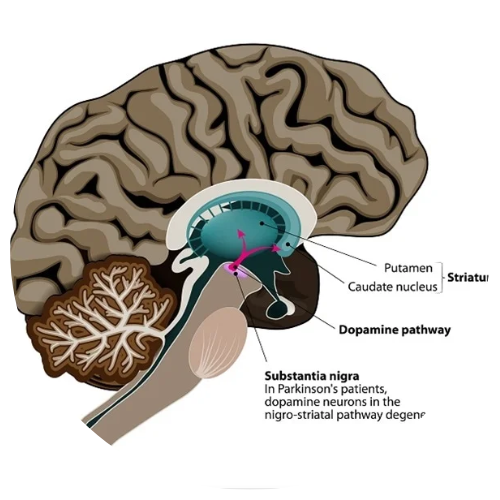
Parkinson's disease is a brain disorder that causes unintended or uncontrollable movements, such as shaking, stiffness, and difficulty with balance and coordination. Symptoms usually begin gradually and worsen over time. As the disease progresses, people may have difficulty walking and talking.
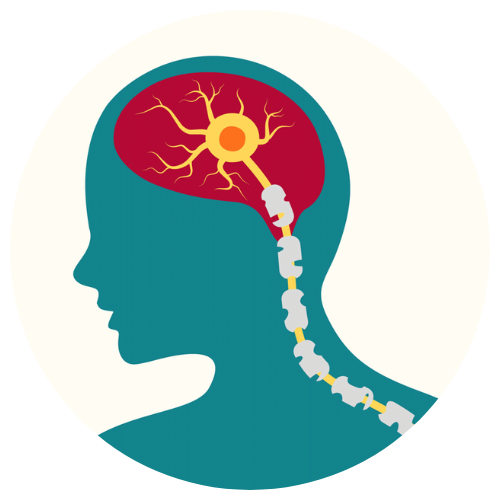
Multiple sclerosis (MS) is a potentially disabling disease of the brain and spinal cord (central nervous system). In MS, the immune system attacks the protective sheath (myelin) that covers nerve fibers and causes communication problems between your brain and the rest of your body.

Myasthenia gravis is a chronic autoimmune, neuromuscular disease that causes weakness in the skeletal muscles (the muscles that connect to your bones and contract to allow body movement in the arms and legs, and allow for breathing).
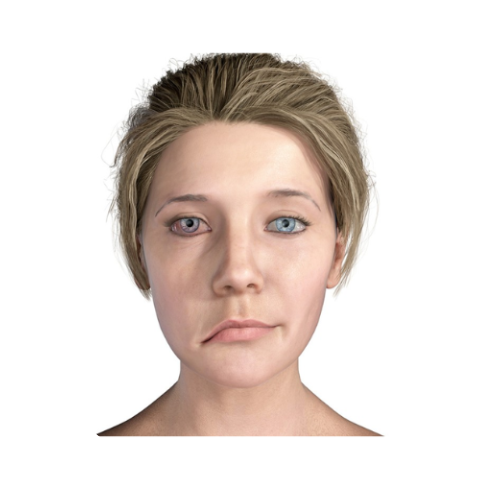
Bell's palsy is a neurological disorder that causes paralysis or weakness on one side of the face. One of the nerves that controls muscles in your face becomes injured or stops working properly. Symptoms include: Sudden weakness or paralysis on one side of your face. A drooping eyebrow and mouth.
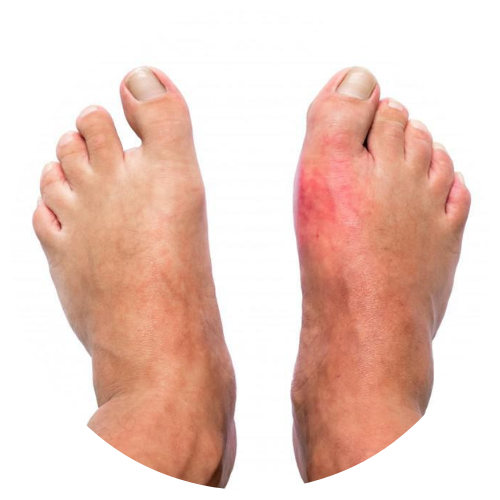
It can result from traumatic injuries, infections, metabolic problems, inherited causes and exposure to toxins. One of the most common causes is diabetes.
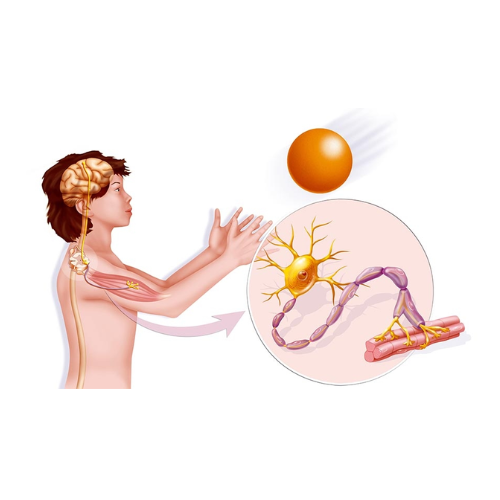
Neuromuscular diseases affect the function of muscles due to problems with the nerves and muscles in your body. The most common sign of these diseases is muscle weakness. Sneh Neuro Care neurologists provide comprehensive evaluation of these diseases, including electro diagnostic studies and other tests.
